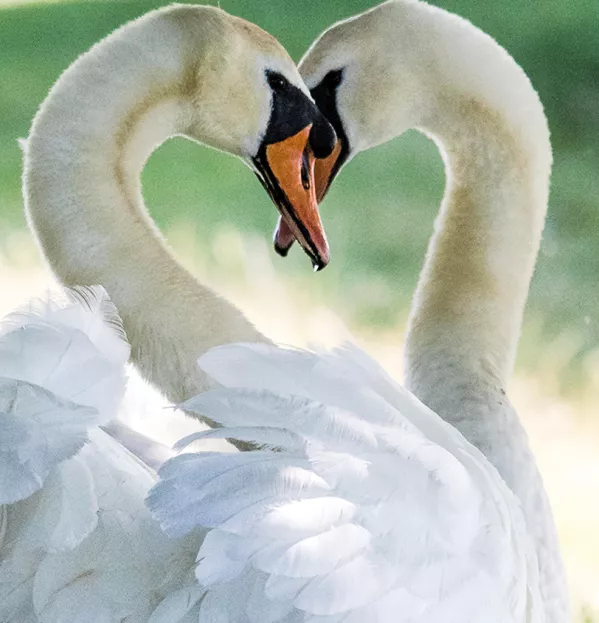Love: it’s the most ubiquitous of words, pouring out of our radios, clogging up books and films, uttered unthinkingly as we say goodbye each day to our nearest and dearest. Love is in the air, love is all around, love is all you need.
But in the wrong setting, love is unwelcome, even taboo. Love flows freely through our personal lives, but on the rare occasions that it makes an appearance in the professional sphere, it jars.
So it was last week when someone tweeted this quote from education secretary John Swinney, as he spoke at a conference in Glasgow: “I’ve never approved a government document with the word love in it before this summer. It’s not a very governmenty word … but it should be.”
Be honest - what’s your initial reaction? Many in education circles will applaud the sentiment. But there’s no doubt that many others will, privately and for reasons they find hard to pin down, find it uncomfortable.
Perhaps it’s because it comes from a politician, an often alien breed whose heavily scripted, focus-grouped public utterances exist in a different universe from the emotional truth of unfettered love. Perhaps it’s because Swinney is a man and we still haven’t banished the stereotype that talking about feelings is incompatible with masculine strength - the taciturn and emotionally inscrutable “hard man” is, of course, an enduring archetype in Scottish culture.
Whatever the reason, it’s a brave politician who stands up and talks about love. And if it feels stranger coming from a man, that’s partly because male public figures, even in 2018, remain less inclined to use that word; people are just not used to it.
Sure enough, as Swinney suggested, “love” is to be found in government documents these days. It’s there a few times in the 2018-19 programme for government, published last month, like a few seeds scattered on the barren terrain of policymakers’ jargon.
There’s this, for example: “We want all our children to grow up in a supportive environment where we invest significantly in their future - not just financially, but also with time, energy and love.” And a summary of Scotland’s “national performance framework” includes the aspiration that “we grow up loved, safe and respected so that we realise our full potential”.
Now and again, you hear a teacher arguing that it shouldn’t be strange to say that you love your pupils, although many an eyebrow still arches in response. Perhaps love is just too loaded and shapeshifting a concept, the positives of which also have a malign flip side: love hurts, love is a battlefield, love will tear us apart again, as countless songsmiths have reminded us over the years.
Explicit references to “love” in the classroom may be an unnecessary distraction, however well-intentioned.
Perhaps it’s better to use less contested and fraught words, such as compassion and empathy - terms not freighted with the same complexity as love.
And those qualities are there in Scottish classrooms in abundance. It’s the force bringing down the number of school exclusions, fuelled by the growing awareness that there may be deep-rooted reasons behind classroom misbehaviour. It’s the force that, across swathes of Scotland, is driving up the attainment of troubled students who in past generations would have been cast adrift by their school. It’s the force that makes so many teachers go the extra mile in so many ways because they know a young life might depend on it.
You might call it love, others might call it something else - it doesn’t really matter, as long as it’s there.
And one thing is for sure: the best teachers already have it in spades.
@Henry_Hepburn
